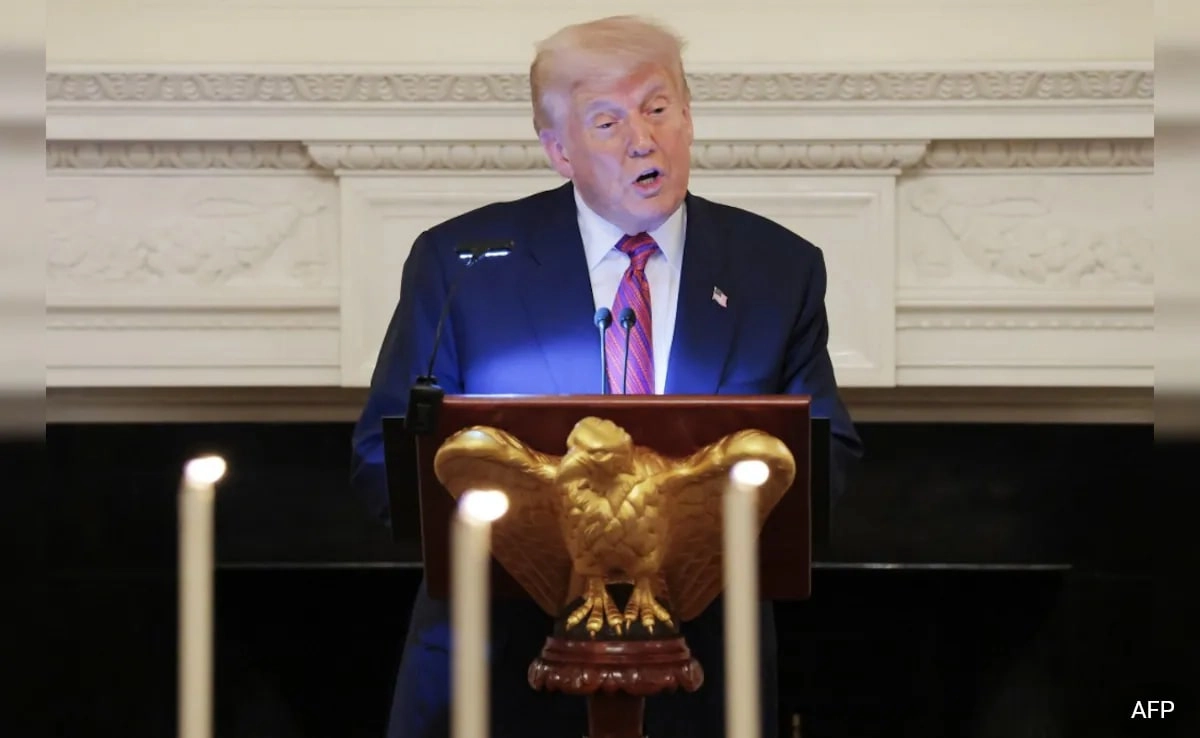The United States has officially announced its withdrawal from the United Nations Educational, Scientific and Cultural Organization (UNESCO), citing that its continued membership is “not in the national interest.” This decision marks a significant shift in the U.S. approach to international organizations dedicated to cultural and educational initiatives. The withdrawal, which follows a similar exit from UNESCO in 2017 under the Trump administration, underscores ongoing tensions between the U.S. and the UN agency, particularly concerning issues such as perceived anti-Israel bias and the organization’s management.
The U.S. government has expressed concerns that UNESCO has become increasingly politicized and has strayed from its original mission of fostering international cooperation in education, science, and culture. Critics of the organization point to its resolutions and actions that they believe unfairly target Israel, leading to a perception of bias that has compounded the U.S. dissatisfaction. By withdrawing, the U.S. aims to signal its discontent with these perceived inadequacies and to realign its international commitments in a way that better reflects its foreign policy priorities.
This departure from UNESCO also raises questions about the future of American influence in global cultural and educational matters. As a leading nation with vast resources and expertise, the U.S. has traditionally played a pivotal role in shaping international norms and supporting cultural preservation efforts. By stepping away from UNESCO, the U.S. risks ceding influence to other countries that may not share its values or objectives. This withdrawal could lead to a diminished American presence in key discussions about global cultural heritage and educational initiatives, potentially impacting collaborative efforts that rely on U.S. expertise and funding.
Moreover, the decision to leave UNESCO may have broader implications for international relations, particularly in the context of global diplomacy and soft power. The U.S. has often utilized its cultural and educational initiatives as tools for fostering goodwill and building alliances worldwide. As the landscape of international cooperation evolves, the absence of U.S. participation in UNESCO could create a vacuum that other nations may seek to fill, potentially leading to a shift in the balance of influence in global cultural affairs. The long-term consequences of this withdrawal remain to be seen, but it certainly marks a pivotal moment in the U.S.’s engagement with international cultural and educational organizations.




